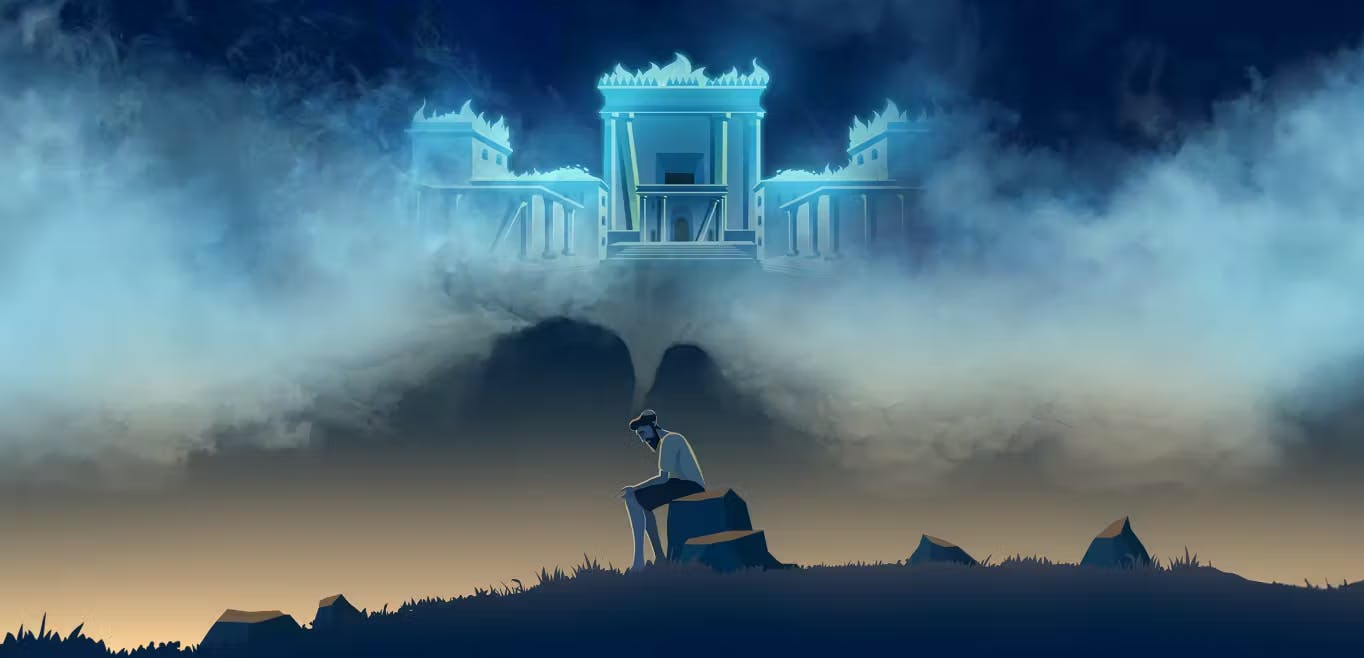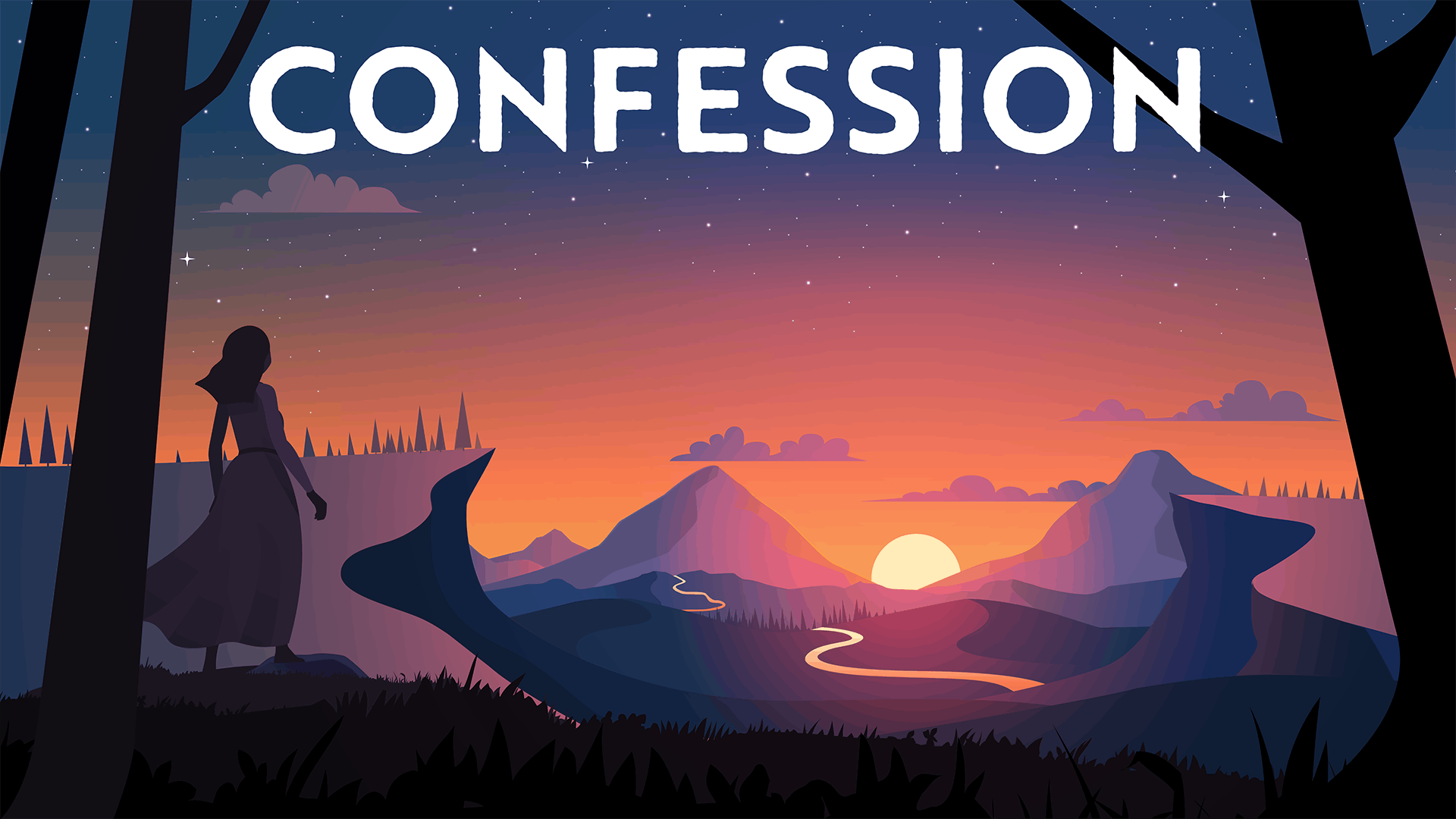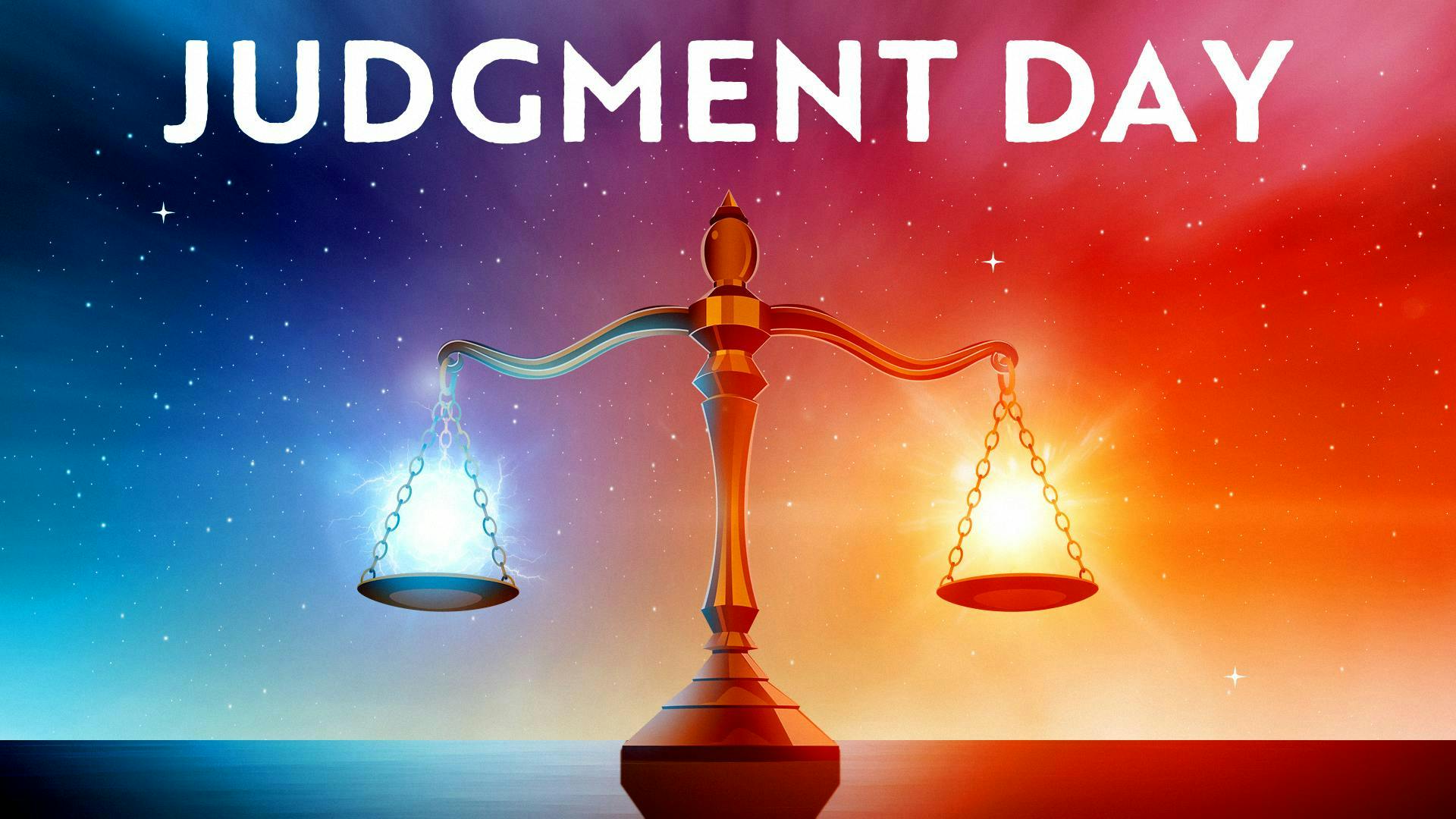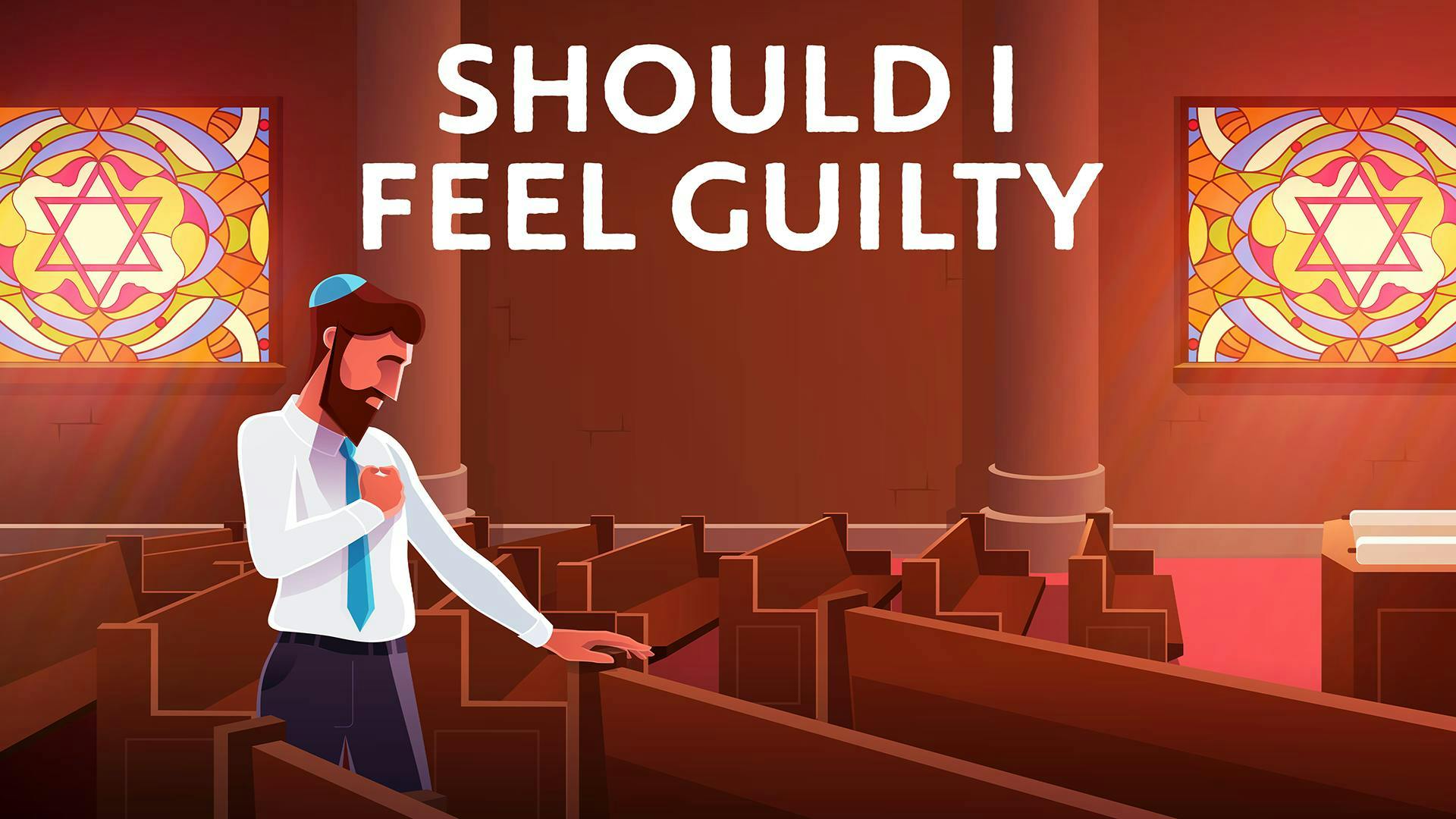Tisha B’Av 101: Customs, Rituals, & Restrictions
How Do Jews Observe the Saddest Day on the Jewish Calendar?
BY Sarah Rashba & Danielle Fisher | July 26, 2023 | 8 Minute Read

What Is Tisha B’Av?
During the height of the summer, on the 9th day of the Hebrew month of Av, falls the saddest day on the Jewish calendar—Tisha B’Av (lit. Hebrew for “Ninth of Av”). The culmination of three weeks of intensifying mourning, Tisha B’Av primarily commemorates the destruction of the Holy Temple in Jerusalem, first by the Babylonians in 586 BCE, and then by the Romans in 70 CE. Throughout time, our communal mourning has morphed to include a score of Jewish tragedies, including the Crusades, the massacres of Jewish communities in the Middle East and North Africa, the Holocaust, and the persecution and decimation of European Jewry. We observe the holiday by fasting and observing a number of traditional mourning customs, reflecting on our people’s past, and praying for the future redemption.
What Happened on Tisha B’Av?
According to the Rabbinic Sages, the 9th of Av was preordained by God to be a day of tragedy for the Jewish people.
In Mishnaic Times
According to the Mishnah (Ta'anit 4:6), five calamities took place on the 9th of Av:
- The Spies’ Evil Report (1312 BCE): Our suffering on the 9th of Av sources back to the Biblical sin of the Israelite spies sent to scout the land of Israel before the people entered. When the spies brought back a negative report, the Israelites wept, betraying their lack of faith. G-d decreed that the entire generation would die in the wilderness. Because the Israelites wept needlessly on the 9th of Av, the Sages claim, G-d decreed that the day would become one of true tragedy in future generations (Taanit 29a:7). (For more about what the spies did wrong & the modern ramifications of their sin, check out this fascinating video series.)
- Destruction of the First Temple (586 BCE): The Babylonians destroyed the First Temple, killing 100,000 Jews and exiling thousands of others. The Talmud tells us that the Temple began to burn on the 9th of Av and continued through the 10th. (For this reason, some observe mourning practices until midday on the 10th of Av.)
- Destruction of the Second Temple (70 CE): The Romans destroyed the Second Temple. Estimates of Jews killed range from hundreds of thousands to over a million. The Romans sold hundreds of thousands of Jews as slaves and exiled them.
- Failure of the Bar Kochba Revolt (135 CE): The last major rebellion of the Jews of Judea against the Romans failed. The Romans killed 100,000 Jews while suppressing the revolt, taking hordes of Jews captive.
- Desecration of Jerusalem (136 CE): The Roman commander who crushed the Bar Kochba revolt, Turnus Rufus, plowed the Temple and its surrounding area. The Romans turned Jerusalem into a pagan city and barred Jews from entering.
Looking for more?
We have hours of delightful videos and podcasts to enhance your Yamim Noraim experience.
What Are the Restrictions of Tisha B’Av?
Because of its status as a day of mourning, the restrictions of Tisha B’Av generally mimic those of a mourner. Prohibitions include:
- Eating & drinking
- Bathing or washing (wash hands only until the knuckle)
- Applying ointments, creams, or perfumes
- Shaving or cutting hair/nails
- Marital relations/intimacy
- Wearing leather shoes or festive clothing
- Sitting on chairs of normal height (until midday on the 9th of Av)
- Studying Torah (with the exception of mournful passages like Lamentations, certain passages of Jeremiah, the Book of Job, or Talmudic laws of mourning)
- Greeting others or sending gifts
- Engaging in pleasurable trips or activities
There is a custom to avoid air travel on Tisha B’Av, and to lessen our comfort by modifying our normal sleeping arrangements on the night that Tisha B’Av begins. While work is permitted, it is highly discouraged, in order to help us maintain focus on mourning.
If God loves us, why does God let bad things happen to us?
This question may be impossible to answer, but on Tisha B'Av it's just as impossible to ignore.
When Is Tisha B’Av?
The fast of Tisha B’Av, as decreed by the Rabbinic Sages, begins at sunset on the 8th day of the Hebrew month of Av and lasts for 25 hours until nightfall on the 9th. If the 9th of Av falls on Shabbat, the fast is postponed until the 10th of Av. Tisha B’Av falls on the following dates (sunset to nightfall):
- Mon, August 12 – Tues, August 13, 2024 (Jewish Year 5784)
- Sat, August 2 – Sun, August 3, 2025 (5785)
- Wed, July 22 – Thurs, July 23, 2026 (5786)
- Wed, Aug 11 – Thurs, Aug 12, 2027 (5787)]
Get More About Megillat Eicha In Your Inbox
Provide us with your email for in-depth commentary, analysis, and access to the full text.
What Do We Do On Tisha B’Av?
Before the fast begins on the night of the 8th, we sit on the floor and eat a seudah hamafseket, a preparatory meal, consisting of a hard-boiled egg and a slice of bread dipped into ashes to symbolize mourning. Then, at synagogue, we:
- Remove the curtain from the ark and dim the lights
- Read The Book of Lamentations, or Megillat Eicha
- Recite kinot, mournful poems commemorating Jewish tragedies throughout history. (For a deeper exploration of the kinot, check out our Kinot 101 Guide).
On Tisha B’Av morning, we refrain from putting on tefillin during shacharit, or morning services. In the afternoon, we:
- Resume sitting on chairs of normal height
- Put on tzitzit and tefillin with blessings during mincha, or afternoon services
- Insert a special passaged called Nachem, or comfort, in the Shemonah Esrei prayer during afternoon services begging G-d to console the suffering mourners of Zion and Jerusalem.
The Shabbat after Tisha B’Av is called Shabbat Nachamu, the Sabbath of Comforting. On Shabbat Nachamu, we read the first of seven haftarot that express the theme of redemption, leading up to Rosh Hashanah, the Jewish New Year.
Finding Hope in Tisha B’Av
Though Tisha B’Av is a day of mourning, it is also filled with enormous potential, hope, and anticipation for the future redemption. The Sages claim that the Messiah was born on Tisha B’Av, during the very time that the Temple was up in flames (Midrash Eichah Rabba 1:51). The prophet Zechariya envisions a day when Tisha B’Av will transform from a mournful day into a holiday of joy and redemption (Zechariya 8:19). Even if we’re not there yet, through our uniting to mourn as a community, we reaffirm our identity as one people and help counteract the sinat chinam (baseless hatred) that led to the Temple’s destruction.
Commonly Asked Questions About Eicha
The Book of Lamentations, found in the Writings (Ketuvim) section of the Tanakh, is a poetic lament rather than a historical account. It mourns the destruction of Jerusalem and the First Temple by the Babylonians in 586 BCE. Consisting of five chapters, the Book of Lamentations vividly depicts the physical and spiritual devastation experienced by the Jewish people during this catastrophic event. The book not only recalls the pain of long ago but also serves as a reminder of our prolonged suffering in exile and, most importantly, the enduring hope for redemption.
The Book of Lamentations was written by Jeremiah (Yirmiyahu) the prophet around 586 BCE. Jeremiah lived in the time of the first Holy Temple and warned the Jews endlessly about what would happen if they continued disobeying the Torah.
The Book of Lamentations explores three central themes:
1. It is important to reflect on national tragedy as it happens and to empathize with its victims.
2. When confronting national tragedy, spiritual introspection is key to avoid future catastrophe.
3. The true tragedy in the destruction of the Temple is the severance of the Jewish People’s connection to God.
# Scenario 01
Preventing Baseless Hatred (Sinat Chinam):
Your friend is having a birthday party, and she’s inviting the entire class of 30 girls – except two. She hands out the invitations at lunch, making a point to give one to everyone in the class except those two. For the rest of lunchtime, the rest of the girls chatter about the party, talking about what they are going to wear, the awesome food they’re going to have there, and more. The two girls who weren’t invited drift off to the side, looking upset and uncomfortable. When you ask your friend why she excluded them, she says these girls were mean to her last year, and that’s why she’s not inviting them. But the fact that they’re the only two who are excluded still doesn’t sit right with you. What do you do?
Making Tisha B’Av Meaningful
Aleph Beta’s Tisha B’Av videos can help you connect with the deeper significance of the day. Join us in exploring this pivotal day in Jewish tradition, and make this Tisha B’Av count.
Top Tisha B'Av Videos

What Do Tumah And Tahara Mean Today?
Audio • 2 min
test

Sukkot Holiday Study Guide
Printable Guide
Learn how sleeping in a hut became a major Jewish holiday.

Tisha B’Av 101: Customs, Rituals, & Restrictions
Article
How Do Jews Observe the Saddest Day on the Jewish Calendar?

This resource has a custom title
Video series • Part 1 of 2 • 2 min
This is an custom description. We’ve been misunderstanding the true meaning of “baseless hatred” this whole time?
More Tisha B'Av Content
What is Aleph Beta?
Aleph Beta is a unique kind of Torah library. Led by our founder, Rabbi David Fohrman, we are dedicated to high-level, textual Torah learning for adults that is intellectually and spiritually sophisticated, that enlivens your Jewish practice and helps you forge a deeper connection to God. Whether you’ve been learning in yeshiva for years or you’re just beginning your Torah journey, you’re sure to find something meaningful and surprising waiting for you here.
Browse our library of over 1,000 beautifully produced animated videos, podcasts, deep dive courses, and printable guides. Topics include the weekly parsha, Jewish holidays & fast days, laws & mitzvot, prayers, relationships, big philosophical ideas and more. Have something to say at the Shabbos table that will amaze your family and guests and bring deep meaning into their lives.






